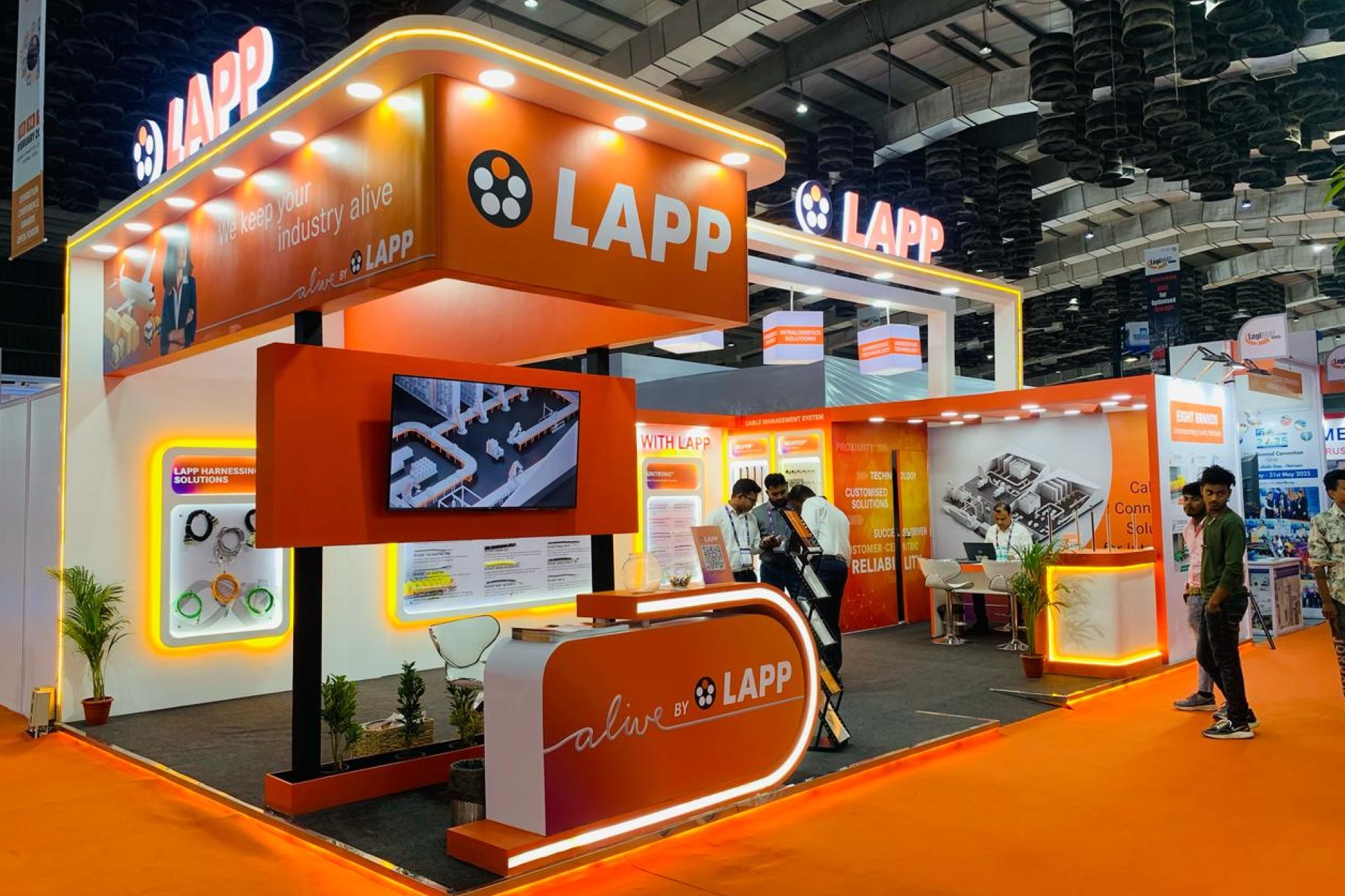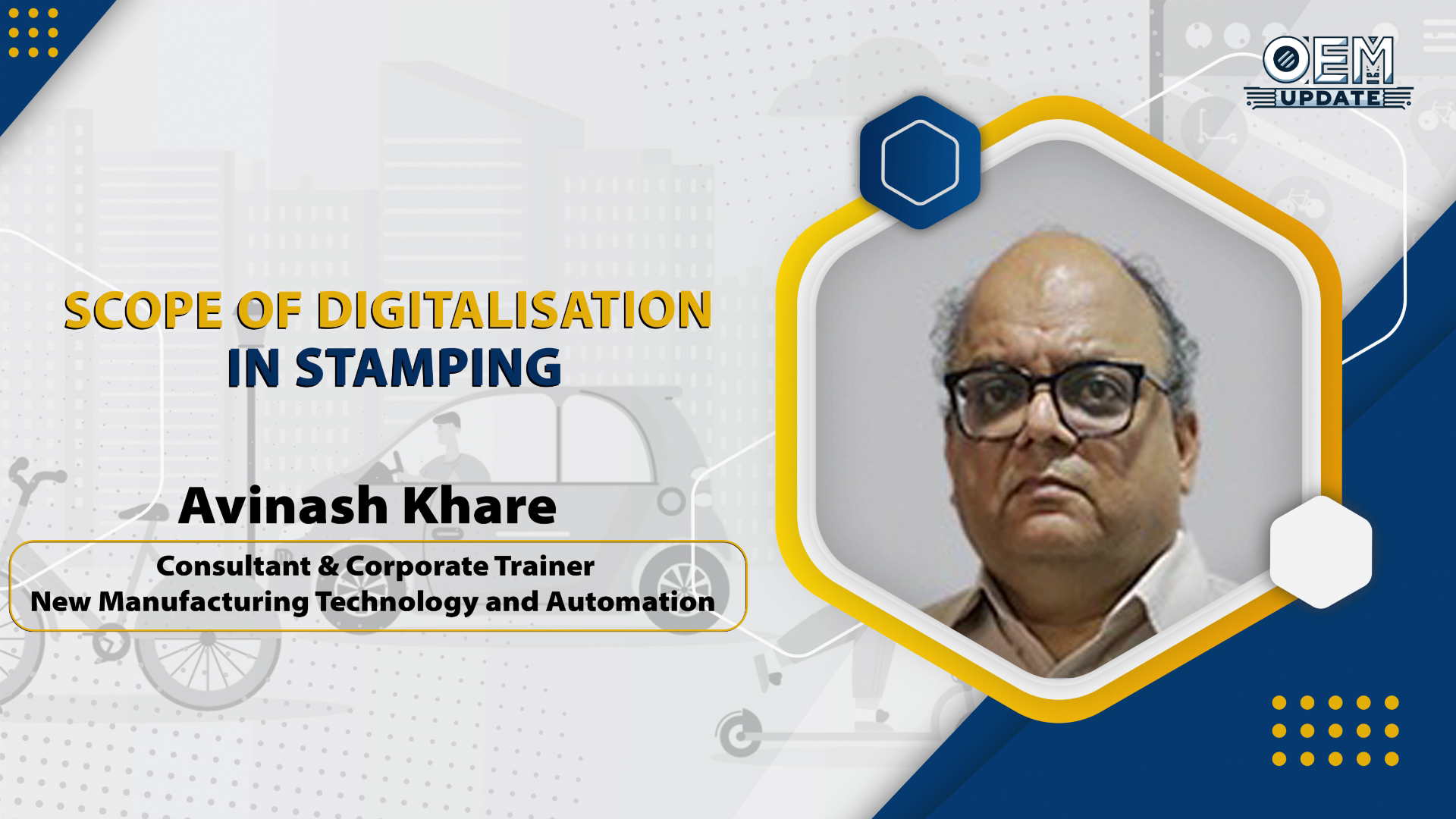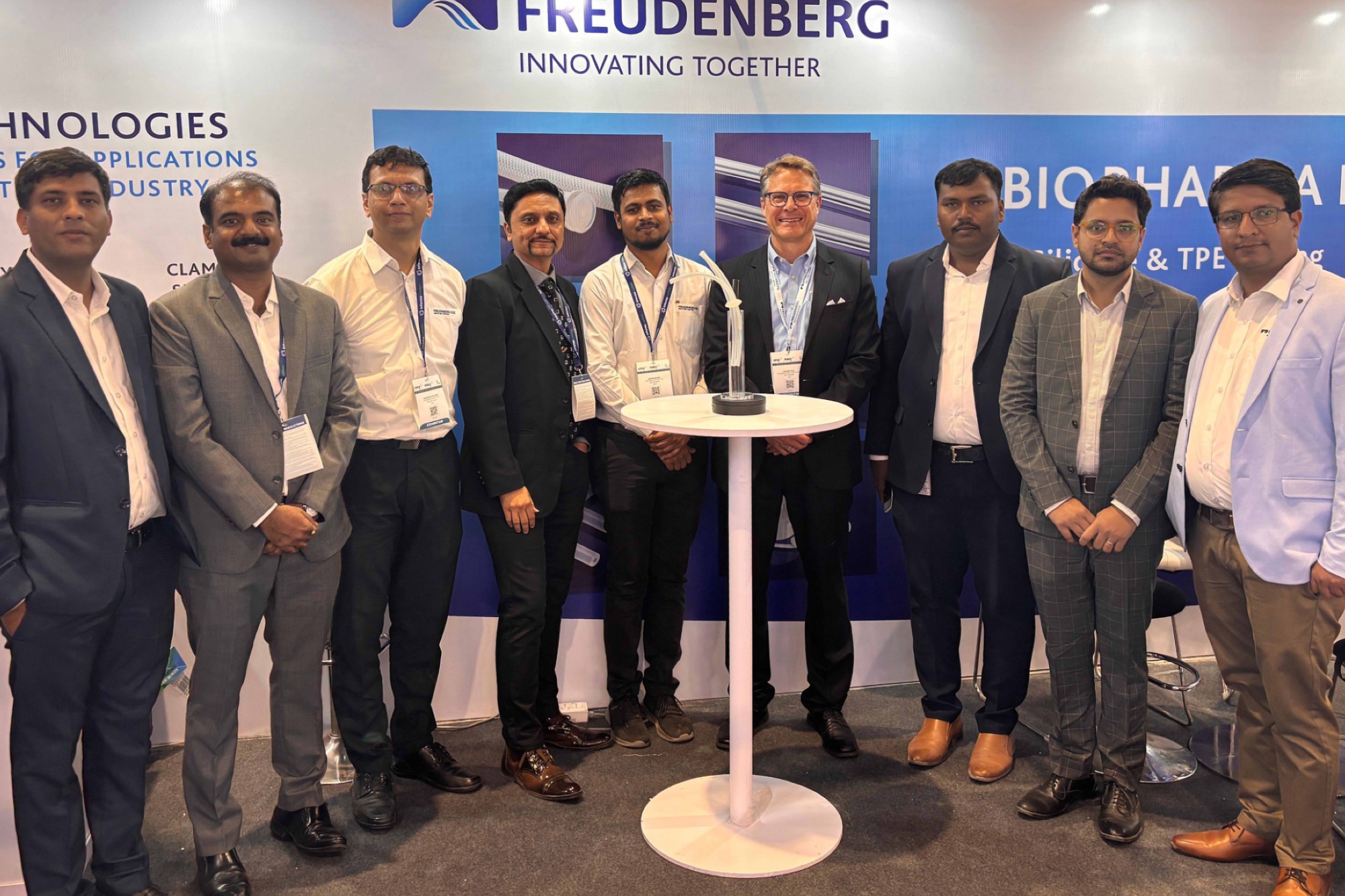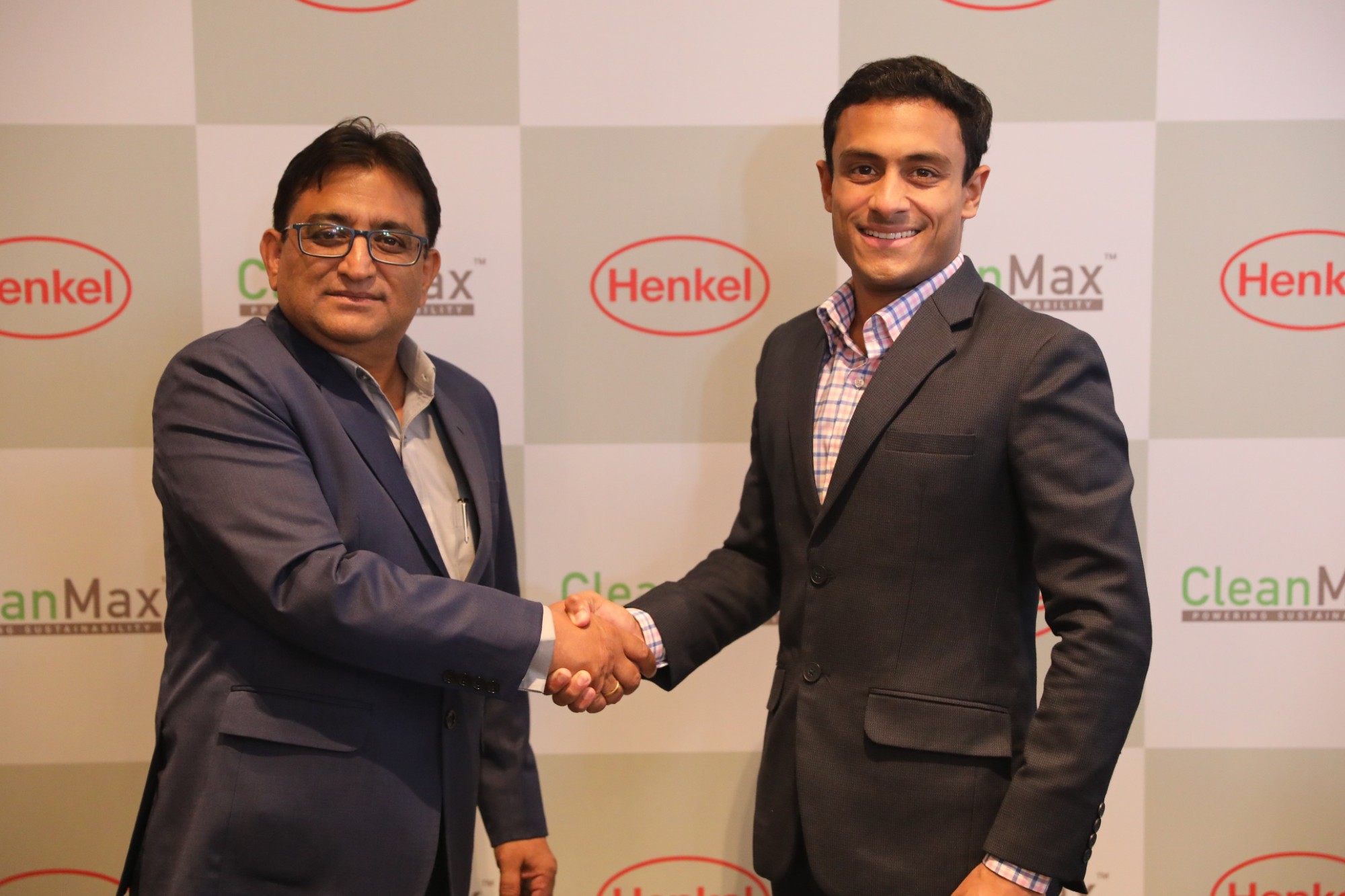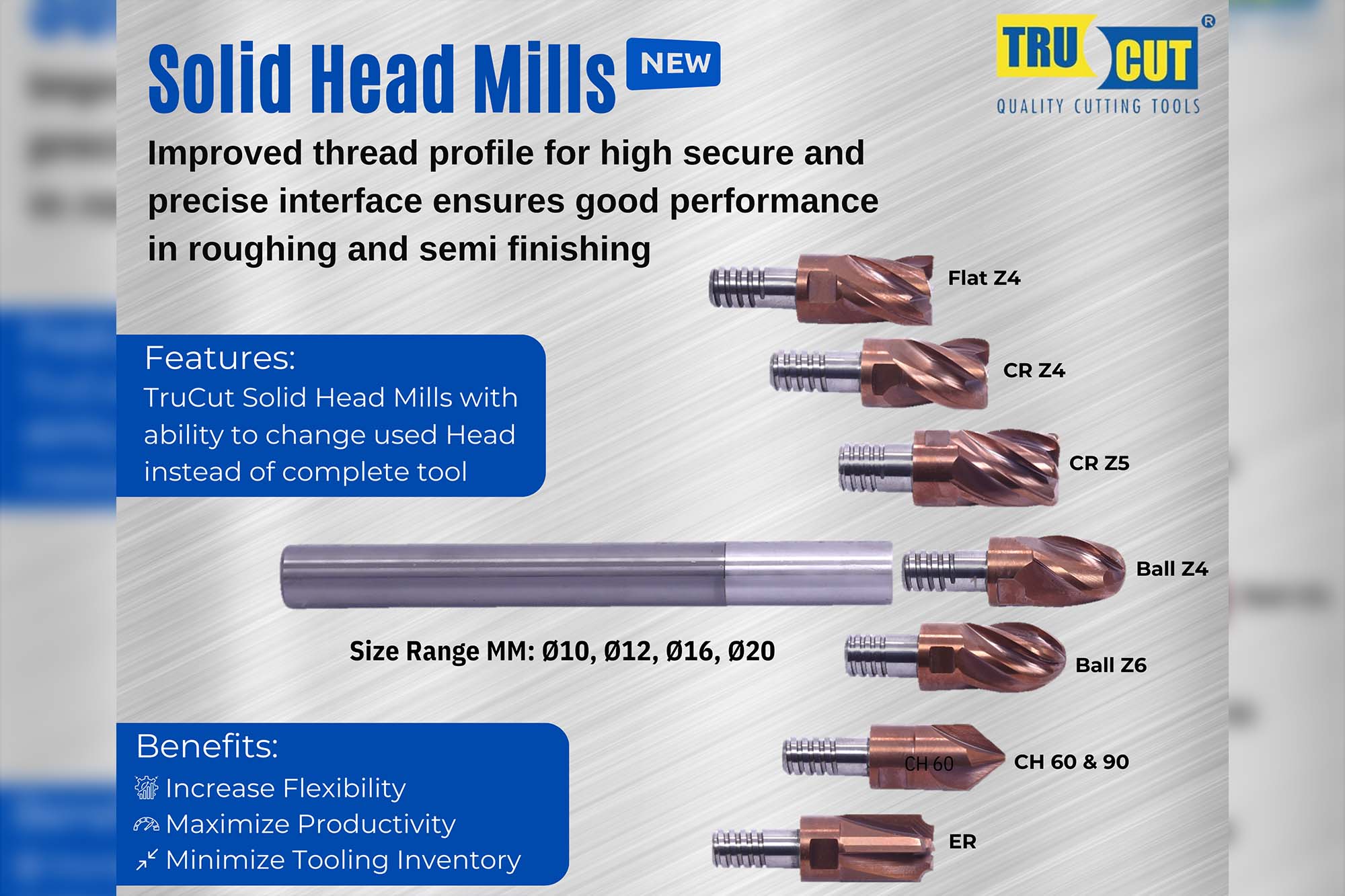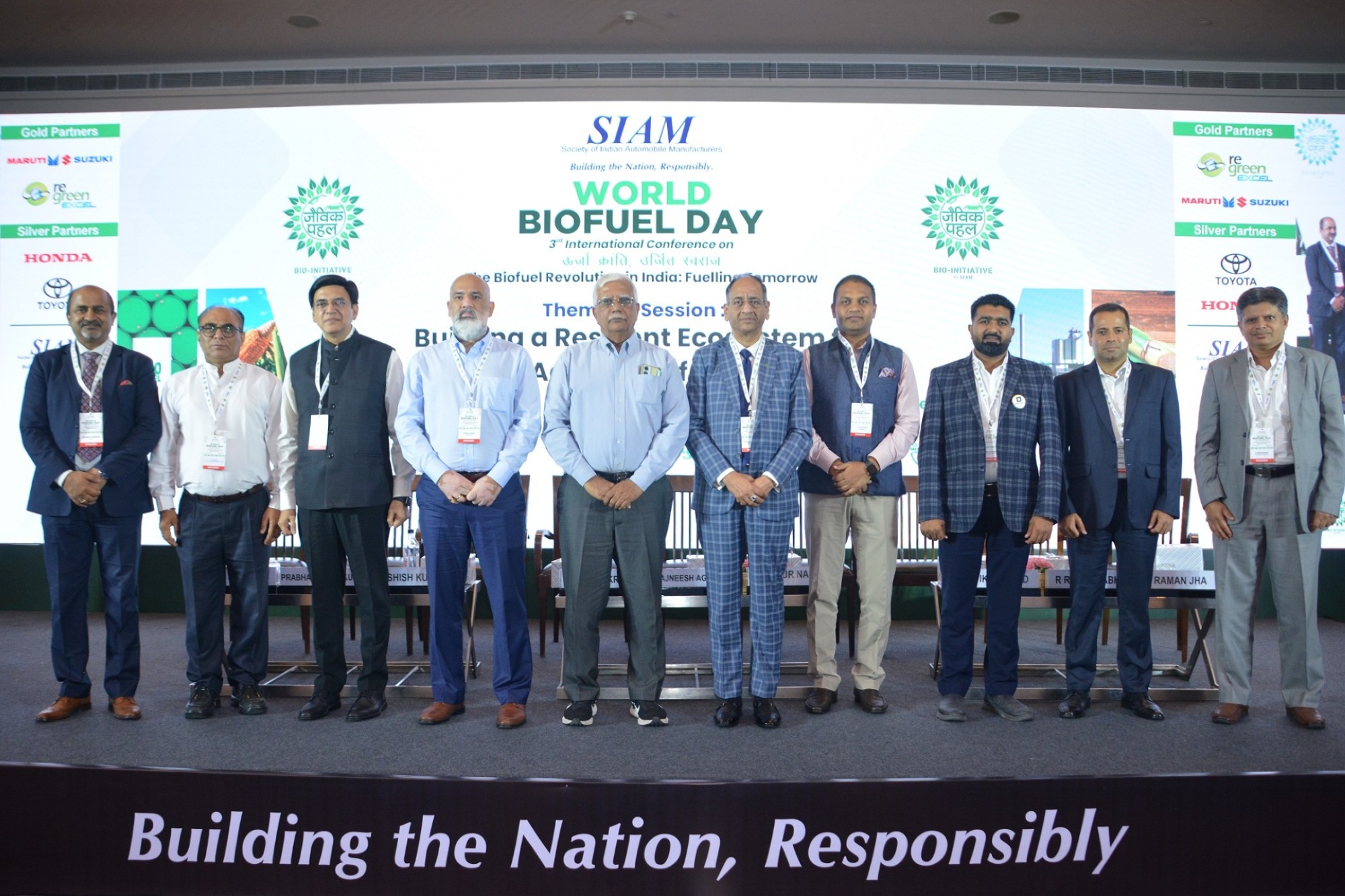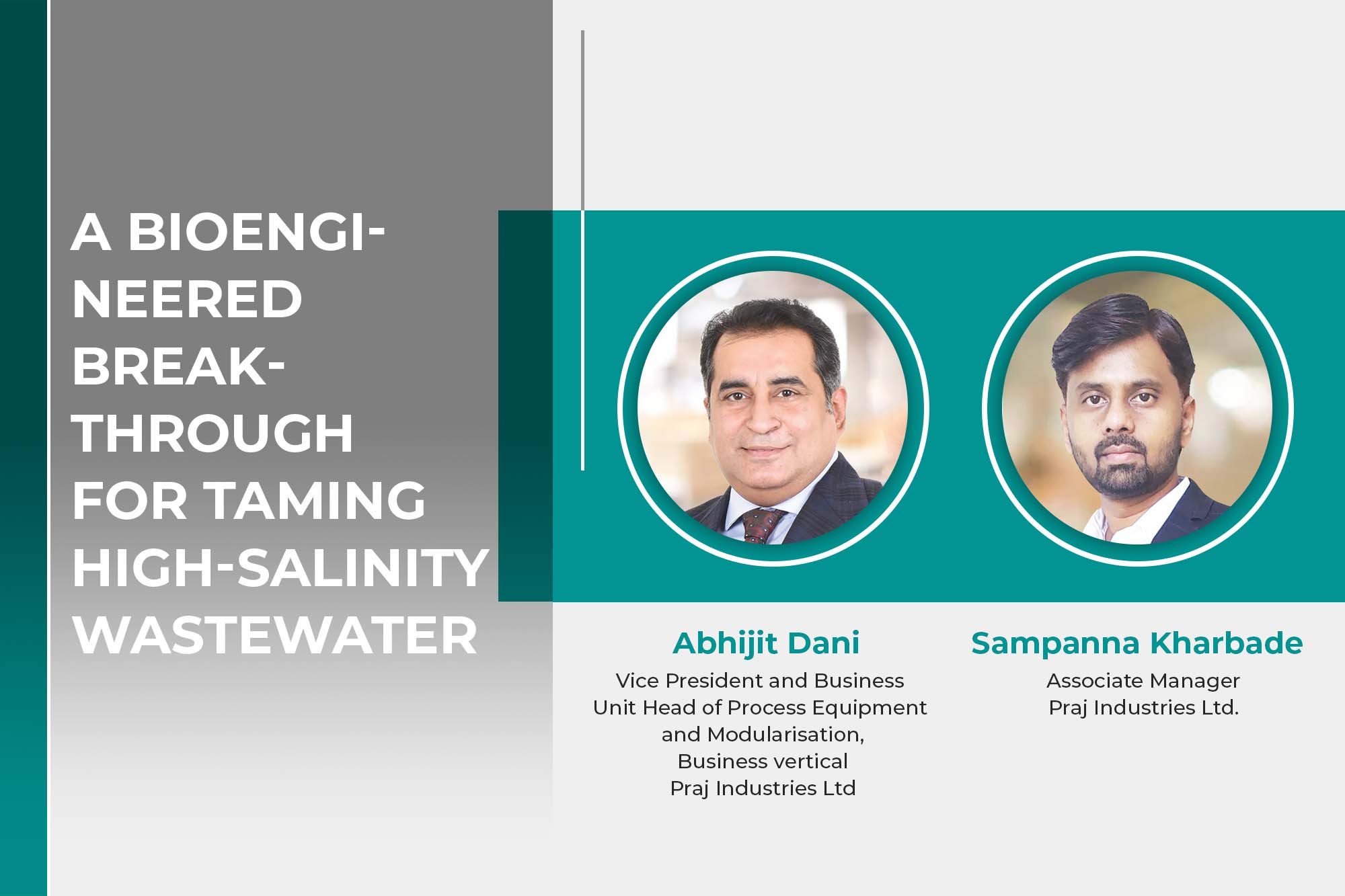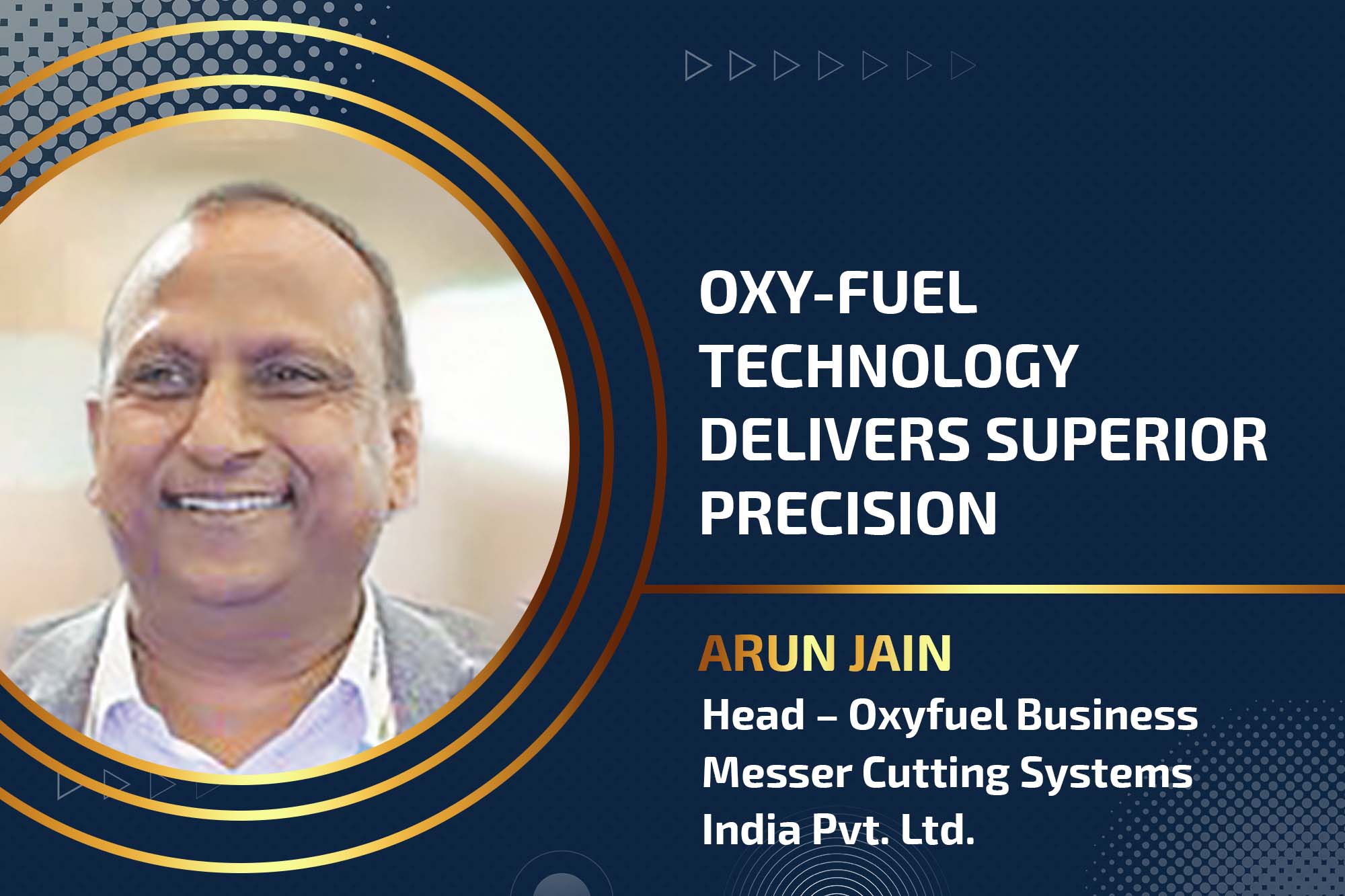Chlorine-free neat cutting oils to play vital role
By admin July 22, 2014 4:07 pm IST
Chlorine-free neat cutting oils are developed to help meet productivity targets and to contribute to a safer environment
For many years, the metal removing industry has used neat metalworking oils that contain chlorine. Ongoing changes in machine tool design and global health and environmental-related concerns are limiting their use and leading to new opportunities for non-chlorinated products.
Machining trends to meet new technologies Machine tool technology has changed rapidly in recent years. The use of new materials and changes in equipment design has led to faster machining speeds and higher cutting temperatures to help improve productivity. As the automotive industry attempts to reduce vehicle weight and improve fuel economy, there is a general shift away from ferrous alloys to lighter and more resistant materials such as alloys of aluminium and magnesium.
Metalworking lubrication principlesConsidering all areas of lubrication, metalworking is one of the most difficult applications as forces of 50,000 psi and temperatures of 900 C can be generated at the work piece and tool interface. High concentrations of additive combinations are required in the metalworking fluid to provide the longer tool life, better surface finish and improved productivity required by engineering professionals.
Chlorinated paraffins as well as phosphorus compounds, sulfurised additives, polymeric esters and metallic overbased sulfonates are typical Extreme Pressure (EP) additives used in neat metalworking oil formulations. These different additives operate at different activation temperatures (Figure 1) to provide a robust lubricating film between the work piece and tool, reducing wear to help extend tool life, provide better surface finish, and improve productivity.Concerns with the use of Chlorinated EP AdditivesChlorine in the form of short- and medium-chain chlorinated paraffins is a low cost, highly effective EP additive. However, regulations such as the Registration, Evaluation, Authorisation and Restriction of Chemicals (REACH) in Europe may limit their use. Short chain chlorinated paraffins are considered carcinogenic and toxic to marine life under REACH and will not be authorised to be used in products that will affect health and the environment. Medium chain products have been identified in Europe to be toxic to marine life. Advocates of the use of chlorinated paraffins in the United States confirm that the most likely source of detrimental effect on the environment comes from the use and disposal of chlorinated metalworking products because of their low solubility in water and environment persistence.
To meet present and future needs Chlorine-free formulations have existed in Europe for many years with proven performance in demanding machining conditions and new equipment designs. To replace chlorine effectively, a strong synergistic effect is required between the alternative additive chemistries that wet the metal surface, forming a film with strong EP properties. Only with few exceptions can chlorine-free neat oils not replace chlorine containing products.
Tests conducted with ferrous and non-ferrous materials in a Microtap Tapping Torque equipment can compare products with and without chlorinated paraffin (Figures 2 and 3). It is not only the environmental aspects that new chlorine-free additive technology offers, but also, an improved operating environment. Lighter colours and lower odour can help improve working conditions for the machine tool operator.
Chlorinated neat metalworking oils will continue to play a role at the present time in metalworking applications in niche applications, particularly the machining of very tough inert materials such as stainless steel.
The use of these newer technology products in current high speed machine shop designs can help provide the increased productivity required by engineers and machinists while reducing the environmental and health concerns in metalworking operations.
Cookie Consent
We use cookies to personalize your experience. By continuing to visit this website you agree to our Terms & Conditions, Privacy Policy and Cookie Policy.




